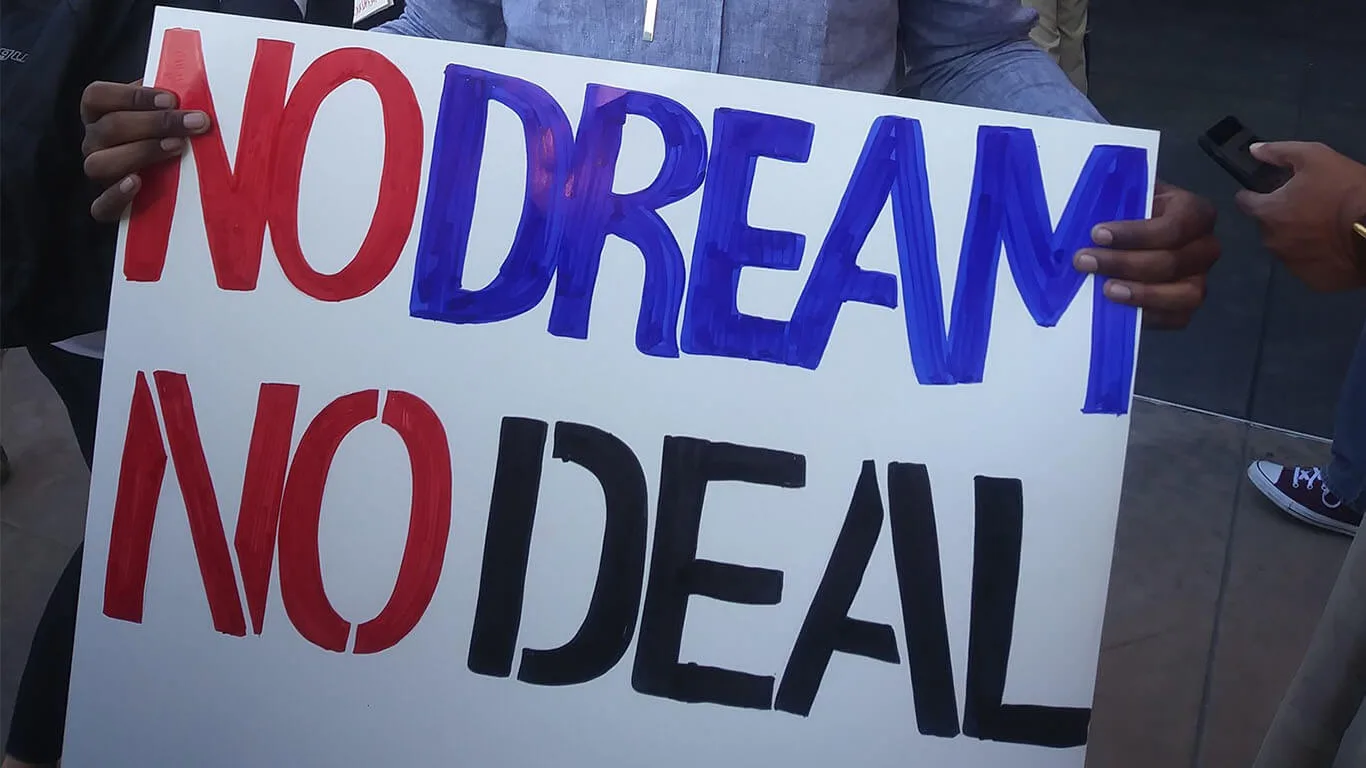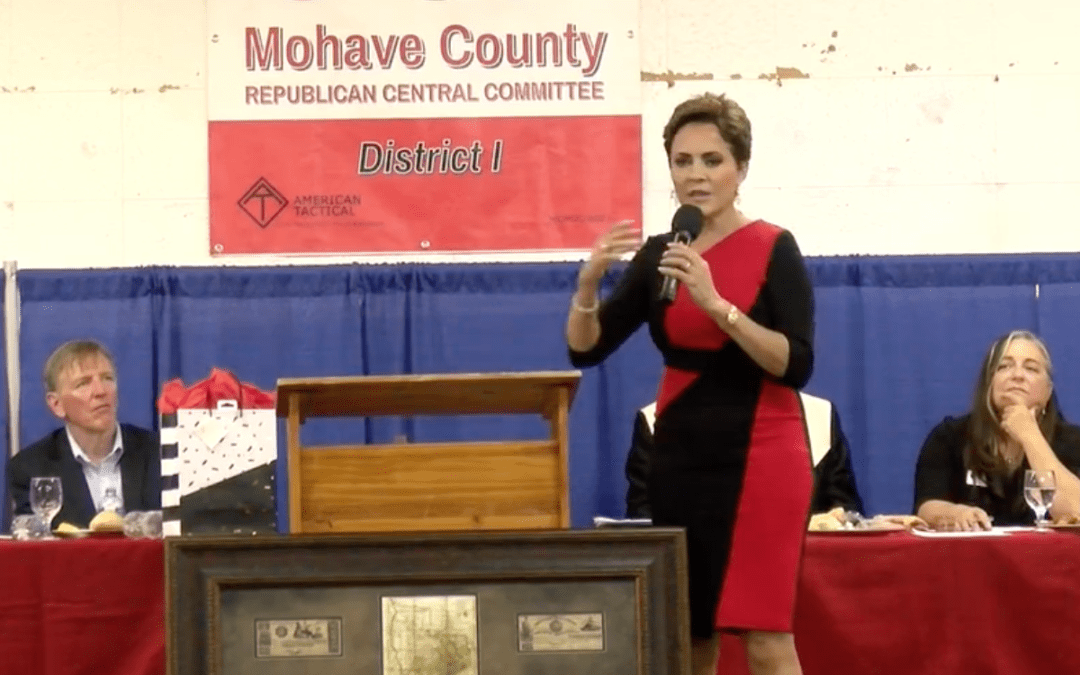
Photo by Camaron Stevenson|Copper Courier
The Trump administration’s proposed plan to raise immigration fees will negatively impact immigrants seeking to lawfully stay in Arizona and the U.S. if approved.
The Trump administration announced plans last month to raise fees for multiple immigration and citizenship-related services. Some fees could increase more than five times their original cost, which will adversely affect low-income immigrants seeking to legally stay in Arizona and the U.S. If Congress does not object to the rule, fees are expected to go up as early as next month.
The proposed fees, according to an announcement from U.S. Citizen and Immigration Services, would be raised by a weighted average of 21%. However, leaving the fees untouched would result in the agency being underfunded by an estimated $1.3 billion. If approved, the Department of Homeland Security estimates revenue from fees will increase by $930 million.
“This proposed adjustment in fees would ensure more applicants cover the true cost of their applications and minimizes subsidies from an already over-extended system,” said Ken Cuccinelli, acting director for U.S. Citizen and Immigration Services, in the announcement. “This proposal accounts for our operational needs and better aligns our fee schedule with the costs of processing each request.”
The new rule, however, brings significant new costs to citizenship fees, with prices rising from $725 to $1,170. DACA recipients could see the cost of renewal rise from $495 to $765. Immigrants applying to have an upcoming deportation delayed will see the largest increase: Currently, the fees depend on household size, with families paying no more than $570 to appeal deportation. If the rule is approved, applicants will pay a flat fee of $1,800 per household for every application to delay or cancel their deportation.
A new fee of $50 is also being proposed for asylum applications. There is currently no cost to apply, but if the proposal goes into effect, the U.S. will join Australia, Fiji, and Iran as the only countries that require payment from refugees to request asylum. The Department of Homeland Security estimates the additional fee would generate $8.15 million in annual revenue.
The fee proposal is the Trump administration’s latest move to deter the immigration process. The financial burden of immigration fees is a leading barrier for low-income immigrants seeking to lawfully stay in the U.S. Earlier this year, the administration implemented changes to the “public charge” rule, tying immigrant’s use of federal benefits such as housing assistance and Medicaid to their legal status.
In an interview with NPR, Cuccinelli said the rule provided an update to Emma Lazarus’ poem on the Statue of Liberty: “give me your tired and your poor who can stand on their own two feet and not be a public charge.”
These policies, coupled with other programs such as “Remain in Mexico” and family separations, continue a trend of anti-immigration policies that have defined the Trump presidency and caused concern for immigrant rights advocates.
“Trump’s attempt to circumvent basic human decency is outrageous and appalling,” said Ray Ybarra Maldonado, a Phoenix-based immigration lawyer. “This tragic time in our country will long be remembered for the reckless disregard of family values and human dignity.”
In Arizona, where 13% of the population migrated to the U.S., more than 50,000 people would feel the financial burden of the rate hike. Roughly 12,000 Arizona residents go through the naturalization process every year, and nearly 25,000 DACA recipients reside in the state.
However, proponents of the proposed fee increases say they “cover the true cost of business for the agency.” Fee increases happen all the time under all administrations. Opponents, on the other hand, believe higher fees will exacerbate more dangerous attempts at illegal crossings and negatively impact people in the U.S. currently who want to be so lawfully. Those individuals who have crossed into the country illegally often cite red tape and high costs as primary reasons for bypassing the legal system.
Overall, should the fee increase be approved, applicants can expect to see higher costs in early 2020. More than 14,000 individuals have submitted public comments since it was announced on Nov. 8.
The deadline to submit public comment is Dec. 16. After the public comment period is closed, the final rule will be sent to Congress for review. If no action is taken by Congress, the new rule can go into effect as early as Jan. 13, 2020.
Politics

Kari Lake calls on Arizona county sheriffs to enforce 1864 abortion ban
Republican candidate for US Senate Kari Lake on Saturday seemed to solidify her support for Arizona’s total abortion ban and called on county...

VIDEO: Arizona Rep. Greg Stanton ‘We will not stay silent’ on abortion ban
@coppercourier "Under this extreme law, women will die, and their doctors and nurses will be criminalized. This cannot stand," Rep. Greg...
Local News

6 terrifying things that could happen if the Comstock Act is used to target abortion
Does 1873 sound like a really, really long time ago? Well, that’s because it is—but if Republicans and far-right anti-abortion activists have their...

ASU football slapped with probation due to violations during Herm Edwards era
The violations described in the NCAA statement include impermissible in-person recruiting contacts while the state of college athletics was...





